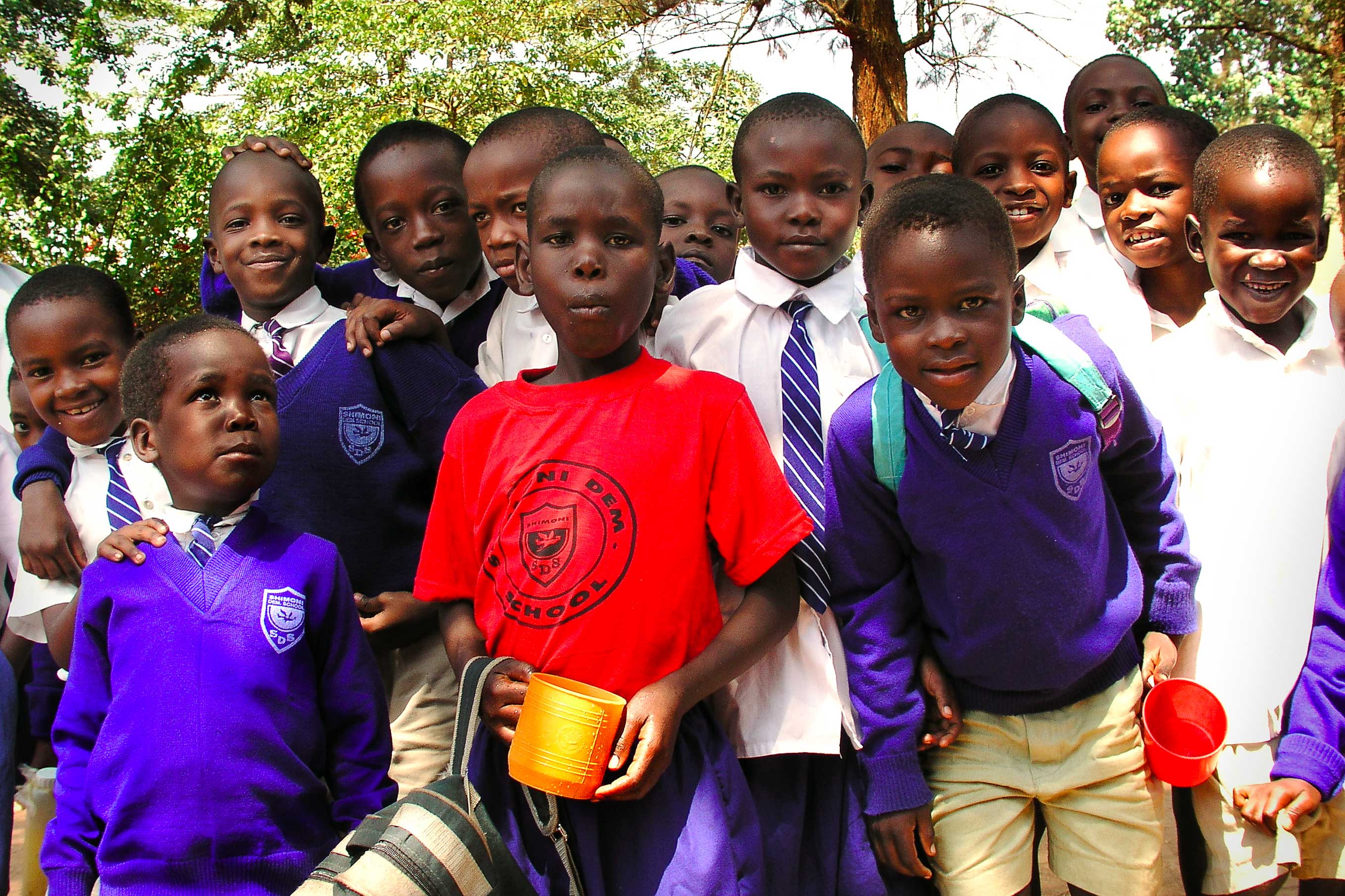The negotiations on the UN Arms Trade Treaty (ATT)
In 2010, the estimated value of all arms deals with developing countries exceeded 30 billion. About a third of these exported weapons originate from Europe.
The UN Arms Trade Treaty (ATT) aims to prevent countries from exporting any arms that violate international human rights laws. The ATT also sets out to transfer competence for any relevant issues, such as regional stability and the fight against corruption, to the UN.
The present resolution was designed to make the EU Member States and EU High Representative for Foreign Affairs and Security Catherine Ashton negotiate a robust treaty at UN level.
What was the Greens' position?
The Greens believe global regulation of arms is urgently needed. So we welcome the UN initiative, but also feel strongly that Parliament ought to be more demanding.
In our view, exports should only be authorised when the human rights risks have been properly evaluated.
An international arms treaty must be concluded to close every possible loophole, including re-exports, temporary exports, gifts and other undesirable scenarios.
The scope of this treaty should be expanded to cover ammunition and all weapon types, including aircraft, drones and missiles.
Did other MEPs accept the Greens' position?
The Greens succeeded in incorporating many key amendments into the final text.
After the EPP and ALDE had prevented the inclusion of these amendments during the negotiations in committee, we re-tabled them in plenary and won almost all of them.
The points covered by these adopted amendments closed many loopholes and broadened the scope of provisions against corruption.
Interestingly, a majority voted in favour of stricter provisions governing exports of dual-use technology.
Which points did the Greens lose?
Procedure:Resolutions on topical subjects
Reference(s):2012/2636(RSP)
Lead MEP:Anneli Jäätteenmäki
Green MEP responsible:-
Voted:13.06.2012
Staff contact:Tobias Heider (Email)
Outcome of the vote
Below you find the results of the final vote in plenary. How did the political groups vote? What about national delegations? And what was the position of your MEP?
